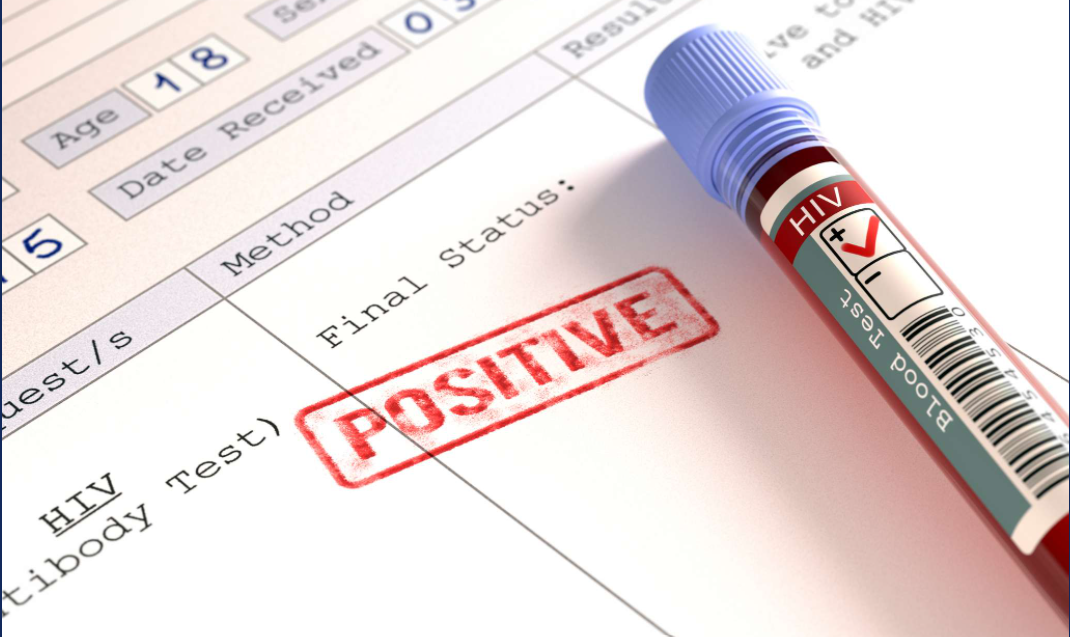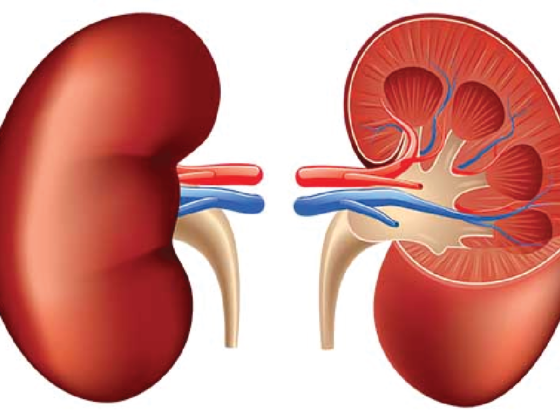Every year, Uganda joins the rest of the world to mark World AIDS Day with observers noting that steps be taken to curb new infections on the rise.
Although people living with HIV/AIDS can now leave normally like any other person with the introduction of anti-retroviral drugs, their health is always compromised by their virus weakened immunity.
This is because HIV kills important cells in the immune system called CD4 lymphocytes, which if they fall dangerously low, leads to a weakened immune system state known as acquired immunodeficiency syndrome (AIDS).
As such, other than enrolling on anti-retroviral treatment for HIV being a must, experts advise patients to take particular steps to get in the best physical shape possible.
Dr Stephen Watiti, a specialist in treating HIV/AIDS and a person who has lived with the disease for more than a decade says the most important thing one has to do is good adhere to medicine to have their viral load undetected
“And once your viral load is undetected, then you are more less at the Same level with that one who is HIV,” Dr Watiti says
He adds that also has to take a balanced diet to ensure their immunity system remains strong and avoid harmful substances like tobacco and excessive alcohol.
“The drugs may not work because Alcohol and tobacco part from damaging the liver,” Dr Watiti says.
A damaged liver may reduce the effectiveness of drugs because one of the main function of the liver is to breakdown substances we take by mouth.
Your mental health wellbeing is just as important as your physical health. Talking about your concerns with family, friends or a support group can really help, Dr Watiti says.
Dr Watiti also explains that people living with HIV/Aids should ensure to practice safer sex to avoid reinfection.
HIV reinfection is a combination in which a person with an established human immunodeficiency virus infection acquires a second strain of HIV, often of a different subtype. These can form a recombinant strain that co-exists with the strain from the initial infection, as well as the strain from the new virus, and may cause more rapid disease progression or carry multiple resistances to certain HIV medications.
WebMD an American corporation known primarily as an online publisher of news and information pertaining to human health and well-being indicates that
Starting antiretroviral treatment as soon as possible, and sustaining it as part of your everyday routine, is the best way of ensuring that your immune system stays strong.
Similarly, The United Nations Children’s Fund, a United Nations agency responsible for providing humanitarian and developmental aid to children around the world notes that breastfeeding ensures the greatest survival chance of child born with HIV
“Breastfeeding reduces the chances that a child will fall ill and die from common illnesses such as diarrhoea and pneumonia, ” they state
As such, the World Health Organization and UNICEF recommend that mothers with HIV take antiretroviral treatment, exclusively breastfeed for the first six months of life, introduce complementary foods thereafter, and breastfeed for at least 12 month and may continue for up to 24 months or longer.
According to the Centers for Disease Control and Prevention (CDC), the leading national public health institute of the United States:
Exercise offers benefits that can help you maintain good physical and mental health. Exercise can increase your strength, endurance, and fitness, and help your immune system work better to fight infections.
People living with HIV can do the same types of exercise as people who do not have HIV. Take time to find a fitness routine that you enjoy. Make exercise fun, and commit to exercising regularly, CDC states.
“People with HIV who smoke have a greater chance of developing a life-threating illness that leads to an AIDS diagnosis. People who smoke and live with HIV also have a shorter lifespan than people with HIV who do not smoke,” information by CDC adds.








